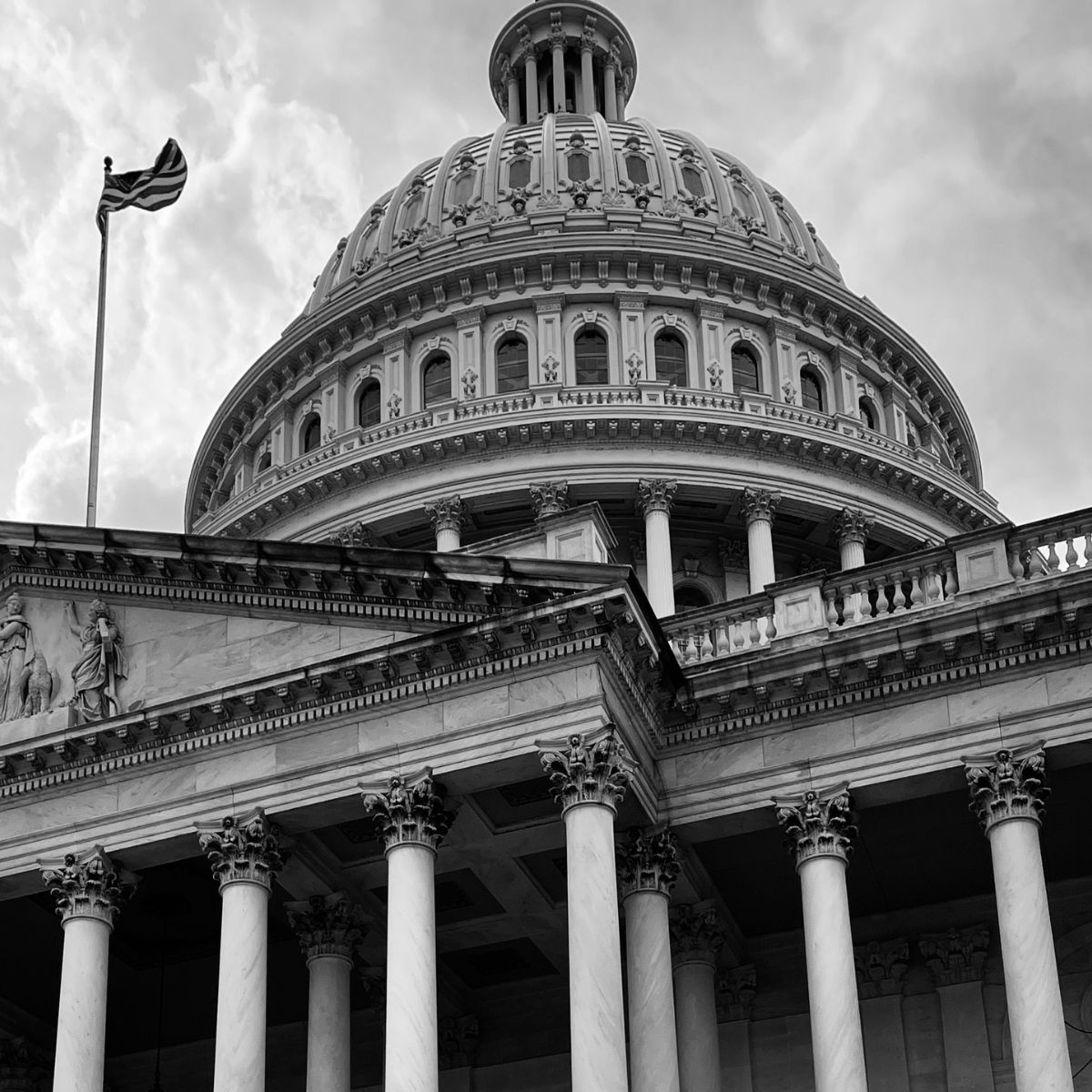Today, the United States Congress passed a Budget Reconciliation bill that will have long-term, damaging consequences for entrepreneurs, sole proprietors, and small business employees. While some elements may seem beneficial at first glance, a closer look reveals several provisions that threaten to undermine the economic stability of small businesses.
The bill includes several provisions that will harm entrepreneurs and communities across the country:
- Economic Ripple Effects from Rising Deficits:
With a projected $3.3 trillion increase in the federal deficit, the bill could lead to higher interest rates and inflation. For small businesses already squeezed by rising costs and trade disruptions, this could make borrowing more expensive and day-to-day operations more challenging. - Massive Cuts to Medicaid:
The bill proposes $1.1 trillion in cuts to Medicaid. This could hit small businesses hard, as roughly one-third of Medicaid enrollees are either self-employed or work for small businesses. Millions of children whose parents are connected to small businesses could lose healthcare coverage, creating personal and financial strain for families and employers alike. Even if you aren’t on Medicaid, this will affect you as hospitals are predicted to close, especially in rural areas, and insurance rates could increase. - Skewed Tax Deduction for Pass-Throughs:
While the bill makes permanent the 20% tax deduction under Section 199A, it does little to support truly small businesses. The highest-earning pass-through entities reaped an average $1 million deduction in 2021, while those earning under $100,000 saw only $1,997 on average. A new $400 minimum deduction is unlikely to meaningfully offset this disparity, reinforcing a system that favors large firms and high earners. - Weakening of financial protections for small business borrowers:
The bill caps the CFPB’s funding requests by dropping the agency’s funding from a maximum of 12% of the Federal Reserve’s inflation adjusted profits in 2009 to 6.5% of those profits. This move would effectively reduce the CFPB’s operating budget to 0%, leaving small business borrowers unprotected from scams and predatory financing companies. - Problematic Conditions on SBA Funding:
While the House version increases SBA funding to $24.9 billion, it includes provisions that could limit access for some entrepreneurs. Requiring SBA offices to move out of sanctuary cities and restricting loans for non-citizens will exclude many immigrant and undocumented entrepreneurs who contribute significantly to local economies. It is unclear at the moment whether the Senate made any changes to the SBA-related provisions.
From tax inequities to limited healthcare access and economic instability, the reconciliation bill poses serious threats to entrepreneurs, their employees, and their families. But the fight isn’t over. President Trump’s FY26 budget proposal includes eliminating funding for the CDFI Fund and cutting resources for the Small Business Administration. While it’s still unclear whether Congress will follow suit in the FY26 appropriations process, now is not the time to step back. Use the upcoming Summer Recess to meet with your lawmakers and advocate for these essential small business programs.

